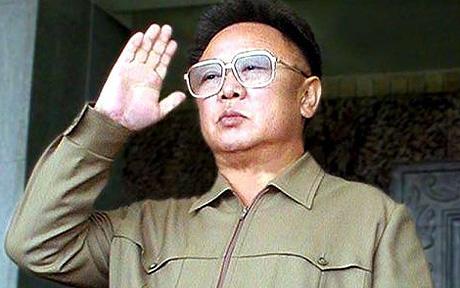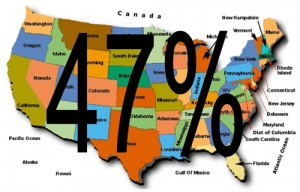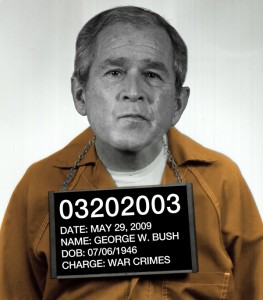Kim Jong Il, the Supreme Leader of Democratic People’s Republic of Korea, as reported by North Korea’s Korean Central News Agency (KCNA), is dead at 69 of a heart attack after 17 years of ruling North Korea. According to KCNA, Jong Il’s death was caused by “overwork” after “dedicating his life to the people.” Unsurprisingly, North Korea will be in mourning until December 29, as the country goes into an unsure future without a leader.
For years, little has been known beyond the cult of personality about Jong Il due to his overall ambiguity and secrecy in what many commentators have claimed was the Asian Iron Curtain. Whenever Jong Il did happen to make a public appearance outside of North Korea, it was assuredly muddled in layers of symbolism construed out of a combination of an inferiority complex mixed with a lifetime of being catered to and deified by an entire country. It wouldn’t be inaccurate to say that Kim Jong Il was a walking confluence of mental complexes and disorders that was not only allowed to rule over a nation, but was worshipped as such.
Perhaps the main reason why Kim Jong Il went unchallenged in his rule was because of the canonization of his father and previous North Korean ruler (and who still maintains the odd title of Eternal President of North Korea) Kim Il-Sung. Another less religious-like reason is due to the general state of decline that North Korea has been in for the past thirty some odd years, which, most recently in the 1990s, was related to a famine that killed off thousands, if not millions (the official numbers has never been accurately tabulated), and general neo-Stalinist policies regarding speaking out against the government of North Korea.
But now that Kim Jong Il is dead, a few things are left undecided, especially with regards to the future of North Korea. For one, who will be the next leader? The answer to this could lead to a revolution of North Korea, and, however slight the possibility may be, the reconciliation with South Korea depending on who the next leader is.
Many have contended that North Korea will not stand for a family dynasty, and the possibility of Jong Il’s youngest son, Kim Jong-Un, could make North Koreans wary of being drawn into an old family aristocracy using the veil of propaganda and rhetoric of a Communist state to hide it. Chang Sung-taek, Jong Il’s brother-in-law, has stated that if Jong-Un were to take power, then he would gather forces to usurp Jong-Un’s power in a coup. Either way, it should be an interesting next couple of months with regards to the interesting and odd dynamic North Korea’s government have had with its people.
While not much can be entirely predicted due to the unusual circumstances that Kim Jong Il used to control North Korea, it is certain that Jong Il’s death is a harbinger of change in this next decade of foreign policy between North Korea and the rest of the world, especially the United States.





